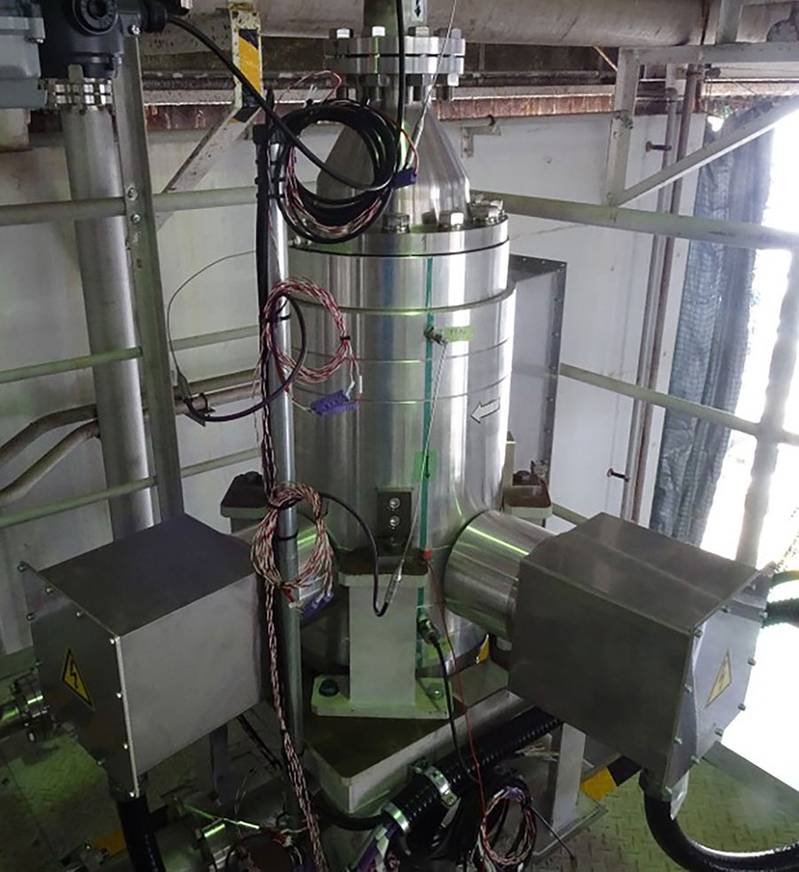The evolution of technology has brought numerous changes in various industries, and the bearing industry is no exception. One of the recent advancements in this industry is the development of oilless bearings. Traditionally, bearings have relied on lubricants such as oil or grease to reduce friction and wear. However, oilless bearings eliminate the need for lubricants and offer numerous advantages over traditional bearings. In this blog, we will explore oilless bearing technology, its advantages, and how it is shaping the future of the bearing industry.

What are oilless bearings?
Oilless bearings, also known as dry bearings or self-lubricating bearings, are bearings that operate without the need for external lubricants. Unlike traditional bearings, oilless bearings rely on solid lubricants, such as graphite, to reduce friction and wear. The solid lubricant is embedded in the bearing material and is released during operation, providing a low-friction layer that reduces wear and extends the life of the bearing.
Advantages of oilless bearings
Oilless bearings offer several advantages over traditional bearings, which make them an attractive option for many applications. Some of these advantages include:
1. Reduced maintenance: Since oilless bearings do not require external lubrication, they eliminate the need for regular maintenance or oil changes. This not only reduces maintenance costs but also saves time and effort.
2. Environmentally friendly: The use of oilless bearings eliminates the need for lubricants, which reduces the environmental impact associated with oil and grease disposal.
3. Improved performance: Oilless bearings offer excellent wear resistance, ensuring prolonged service life and reliability. They also exhibit low friction and can operate at high speeds, making them ideal for high-performance applications.
4. Versatility: Oilless bearings are suitable for a wide range of applications, including high-temperature and high-load environments.
Applications of oilless bearings
Oilless bearings have numerous applications across various industries, including automotive, aerospace, medical, and marine, among others. Some of the specific applications of oilless bearings include:
1. Automotive industry: Oilless bearings are used in engine parts, such as crankshaft bearings and transmission parts, to reduce friction, vibration, and noise.
2. Aerospace industry: Oilless bearings are used in aircraft landing gears, engine components, and control systems due to their ability to withstand high temperatures and harsh environments.
3. Medical industry: Oilless bearings are used in surgical instruments, dental tools, and hearing aids, where quiet operation and low friction are crucial.
4. Marine industry: Oilless bearings are used in ship propellers and rudders, where they offer excellent resistance to corrosion and wear.
The future of the bearing industry
Oilless bearings represent a significant shift in the bearing industry, and their popularity is growing rapidly. As technology continues to evolve, we can expect to see more innovations in this field. The use of advanced materials, such as ceramics and composites, is likely to improve the performance and durability of oilless bearings further. Additionally, the integration of sensors and other smart technologies can offer real-time monitoring of bearing performance, enabling predictive maintenance and reducing downtime.
Conclusion
As the world moves towards a more sustainable future, the use of oilless bearings is becoming increasingly popular due to their environmental friendliness and reduced maintenance requirements. With their excellent performance and versatility, oilless bearings are an attractive option for a wide range of applications across various industries. These bearings represent the future of the bearing industry, and we can expect to see more innovation in this field in the years to come.
Keywords: oilless bearings, dry bearings, self-lubricating bearings, reducing friction, reduced maintenance, environmentally friendly, improved performance, high-performance applications, high-temperature environments, high-load environments.